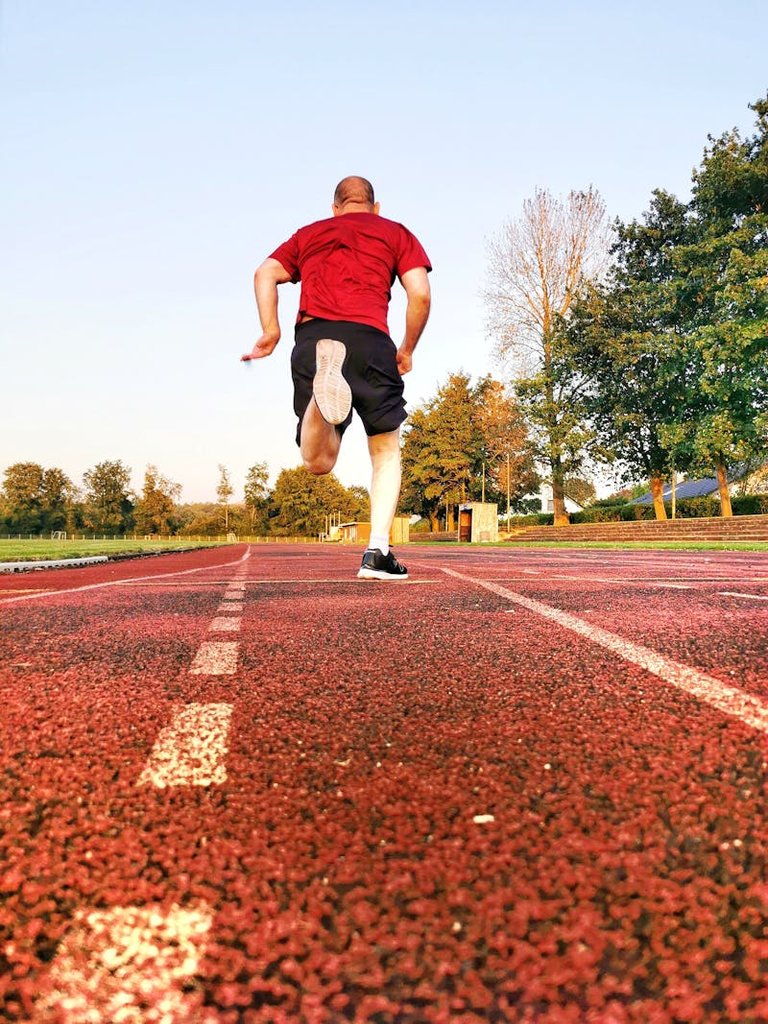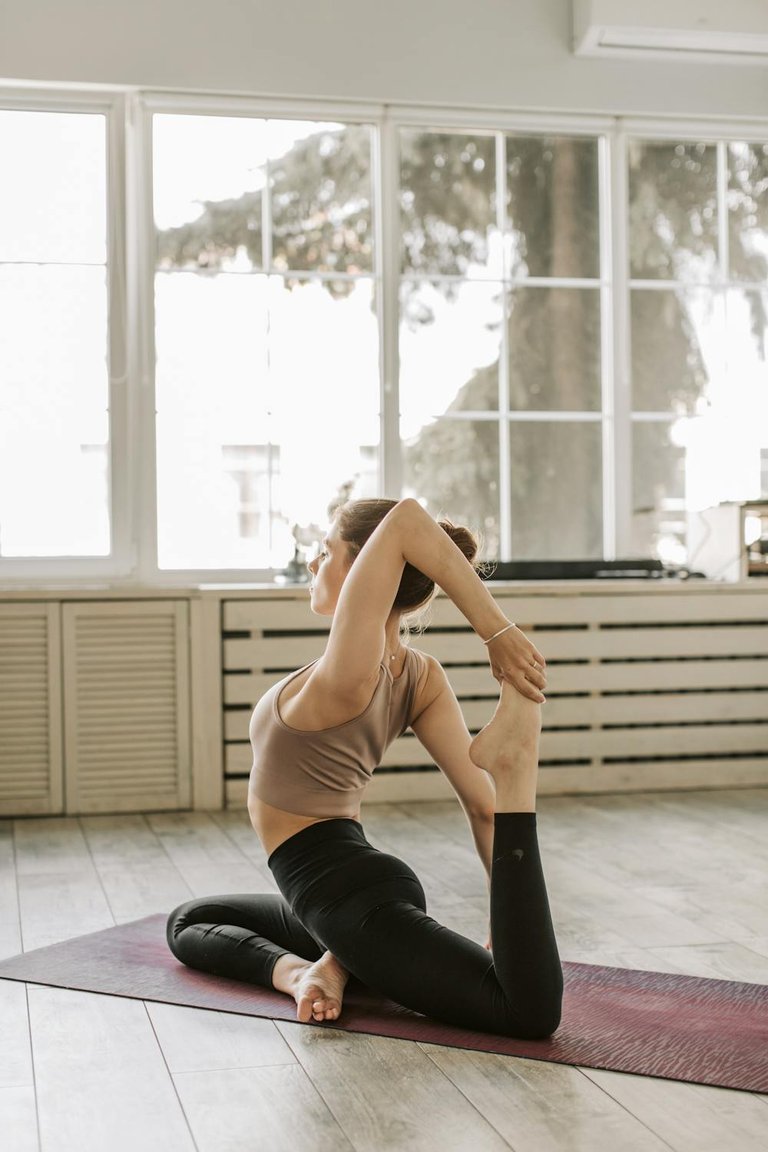We live in a generation where to become "busy" is an insignia of honor; however, our bodies are paying a huge price for this negligence. Nowadays, we are excessively glued to our television screens without paying attention to what our bodies are saying, chained to our desks to meet deadlines so as not to lose our clients, prioritizing entertainment and social media over our health, and frequently heeding the whisper for convenience culture, so we often ask, "Why should I move when I can simply click?" Nevertheless, when I fell ill, I realized that physical exercise is not an optional task in our lives but survival itself.
My moment of truth: The day my body rebelled.
Some years back, I was down with chronic back pain and insomnia, and I was despondent. With this, I knew I had hit rock bottom. It was my productive years of 14 hours of work per day that were responsible for this. Consequent to this, I was given an elastic one-month leave from work to take care of myself. So, I decided to meet my doctor, who spoke to me with a very harsh tone. He said, “Your sedentary life is slowly killing you.” The shock wave was instinctual. I had valued meeting deadlines over brisk walking, replying to emails over exercise—no, not even sparingly—and now my body had revolted.
After I had recovered, I wanted to change my sedentary lifestyle. So, I decided to join a gym, dance to Afro beat tone more often, and brisk walk more frequently. The journey of self-discovery was indeed an arduous one. Also, I decided to pace more and more, do some push-ups, use my once-abandoned treadmill more often, and subconsciously swap Netflix videos with sunset walks.
Before the one month had elapsed, my lower back pains had completely disappeared, I became a good sportsman, and I slept like a little child. By this, I was aware that movement was the therapy I needed for a speedy recovery.
Convincing reasons why physical activity is important.
A 2024 World Health Organization (WHO) report on physical activity substantiated that a sedentary lifestyle is responsible for about 5 million deaths globally every year. Source. You can now see that we are naturally wired to move. Let's look at what science has to say about this:
- Physical activities boost brain function: BDNF, a protein that sharpens our memory and fights depression, can spike brain function.
- Provide immunity armor: Infection risk is down to about 50% with moderate exercise (Brigham and Women’s Hospital).
- Enhances Longevity: Just exercising ourselves for approximately 150 minutes weekly can increase our lifespan by 3-5 years.
Let’s be realistic. “Exercise” does not imply marathons or CrossFit of some sort. It's simply cleaning your house, gardening, playing around with your kids, etc.
4 Smart ways to overcome a sedentary lifestyle
- Adopt the 20-Minute Rule: Stretch, squat, or walk after sitting for 20 minutes.
- Social media sweat: You can hang out while working out by joining a dance class, a group of hikers, or a fitness challenge on TikTok.
- Small Movements: You can just lift your legs and swing them during Zoom meetings and other ways you can move your body when you are deeply engaged.
- Reframed Your Mind: Reframe your mind to see exercise as self-care and not punishment.
So, @hive-mind: What is your “movement medicine”? In a screen-addicted world, how do you stay active and tell us if you have ever experienced a change through physical activity? I would like to crowdsource your inspiration by posting your stories, struggles, and strategies in the comments section.
Posted Using INLEO

